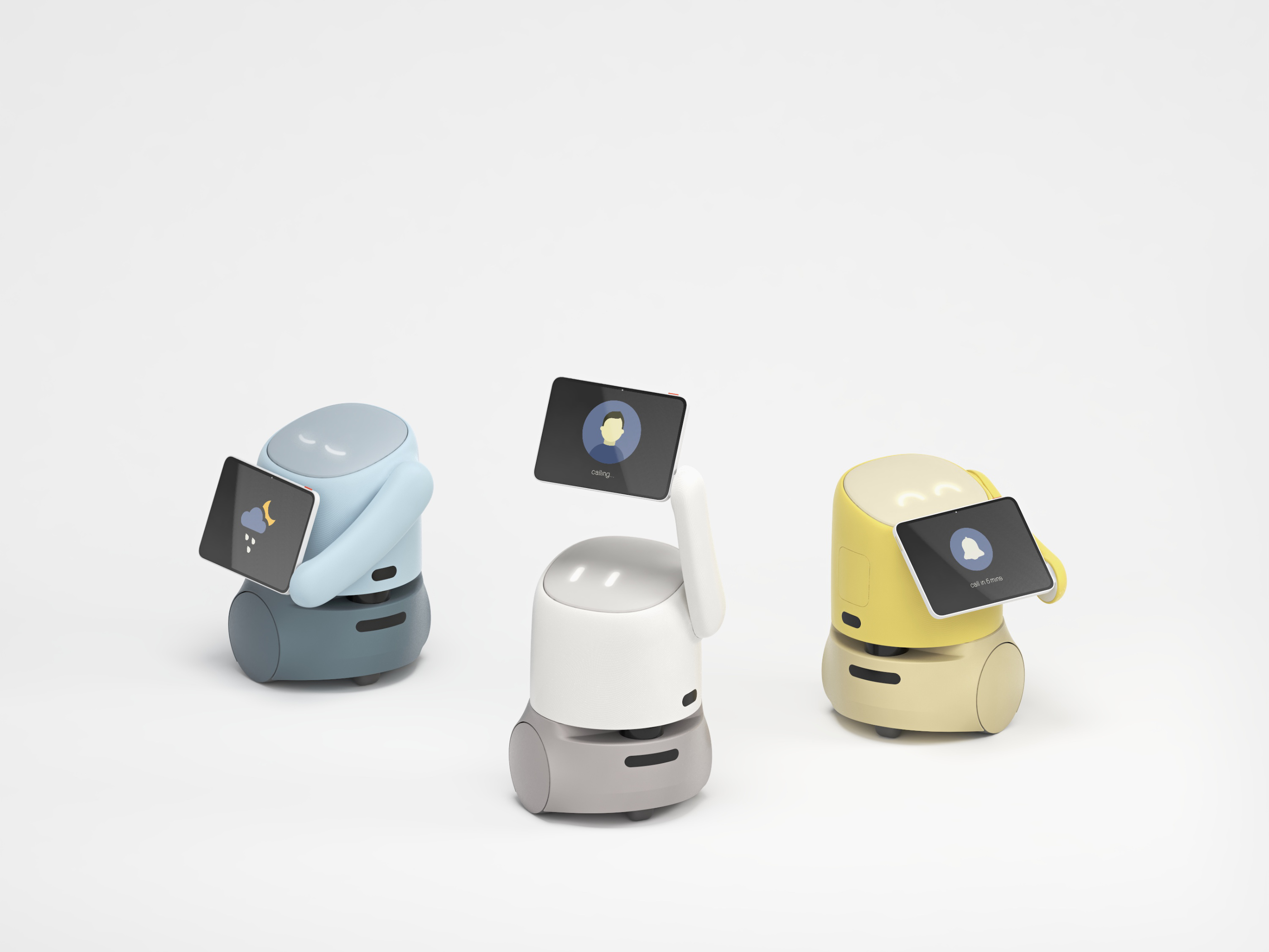
In 2022, our LEAPX team received an invitation from OPPO to define and design a new home robot.
Robots can be classified into two types, general-purpose robots (General Purpose Robots) and special-purpose robots (Special Purpose Robots). At present, most of the common robots on the market are special robots, such as the mopping robots designed by LEAPX, unmanned distribution robots, surgical robots, drones with automatic follow-up functions, etc., are all special robots, they can be very good Complete one or two specific functions, but they can hardly do cross-domain functions.
Status of Robots
The ideal general-purpose robot of human beings often presents the form of human beings. People hope that robots can learn and deal with various different types of tasks in the real world like human beings. However, the reality is that although humanoid robots can perform cool parkour actions in an environment arranged in advance, there is still a long way to go before they can really enter the homes of ordinary consumers, help with housework, cook and take care of people.
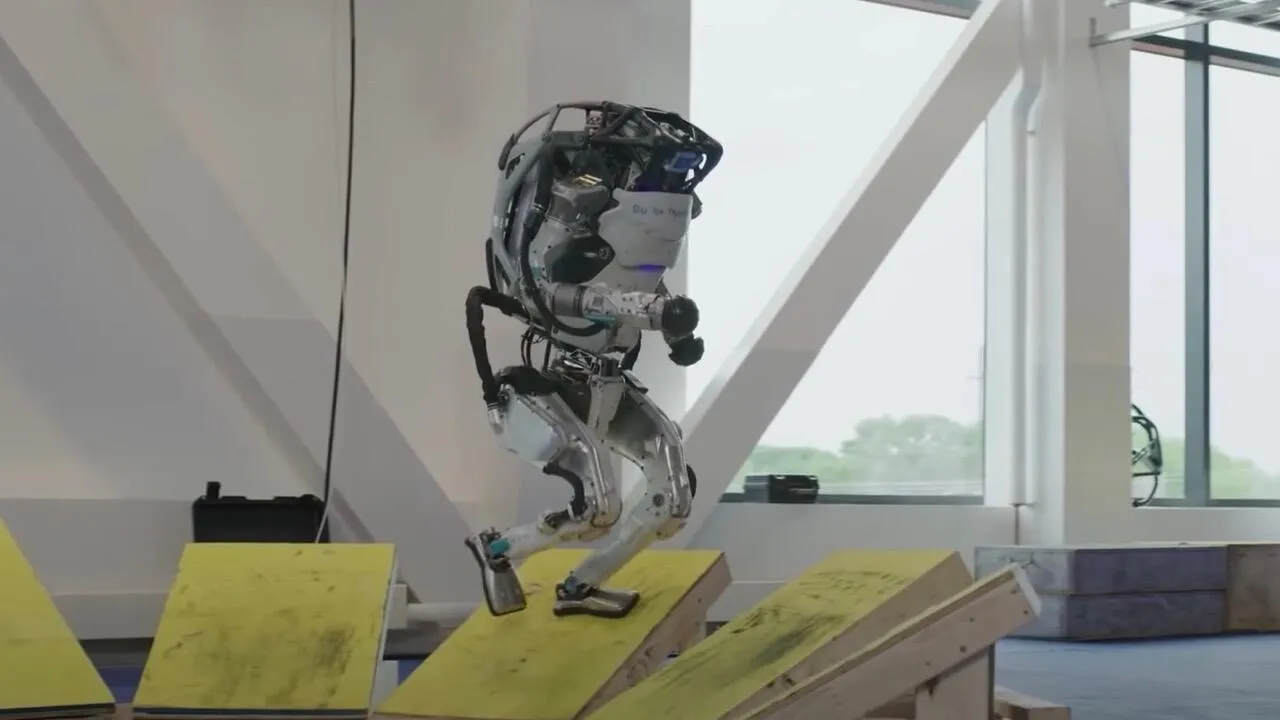
There are several reasons:
High cost: a robot with such physical functions can cost hundreds of thousands to one million dollars;
High safety risk: with such strength and speed, and weighing up to 90kg of metal robots, there is a high safety risk in the activities around human beings. If you don't pay attention to being hit, hit or pressed by the robot, you may cause serious injury;
Lack of intelligence: At present, most humanoid robots demo still act according to the instructions planned in advance in the controlled environment, or simply remotely controlled by people. There is a big gap from completing real tasks independently in the real world. Just like taking out an apple from the refrigerator, washing it and handing it to the user, this kind of daily tasks that are easy for people have not been successfully completed by robots.
Although humanoid universal robots can do a lot of things in theory, they are still in their infancy and need long-term bottom-level scientific research in AI and ME,EE fields. We don't think there will be any chance of commercialization in the consumer market in ten years.
So what should the new home robot look like? Maybe you can get some clues from another direction.
Evolution of Intelligent Speaker
If we broaden the definition of robots a little bit and include smart speakers in the category of robots, it may be the most popular universal robot at present. Through voice interaction and wireless connection, it can realize a variety of functions: playing music, regulating smart home, answering questions, reminders, buying goods, etc. With the recent outbreak of technology ChatGPT this kind of dialogue AI, the practicability and application range of smart speakers will be greatly increased.
However, the limitation of smart speakers is that they only have pure voice interaction. Amazon, as the pioneer of this category of smart speakers, has made a lot of efforts to broaden this category in recent years, gradually adding screens, cameras and rotating bases to smart speakers. Until 2021, it added wheeled mobile platforms and SLAM sensors and introduced Astro, making smart speakers really look like robots:
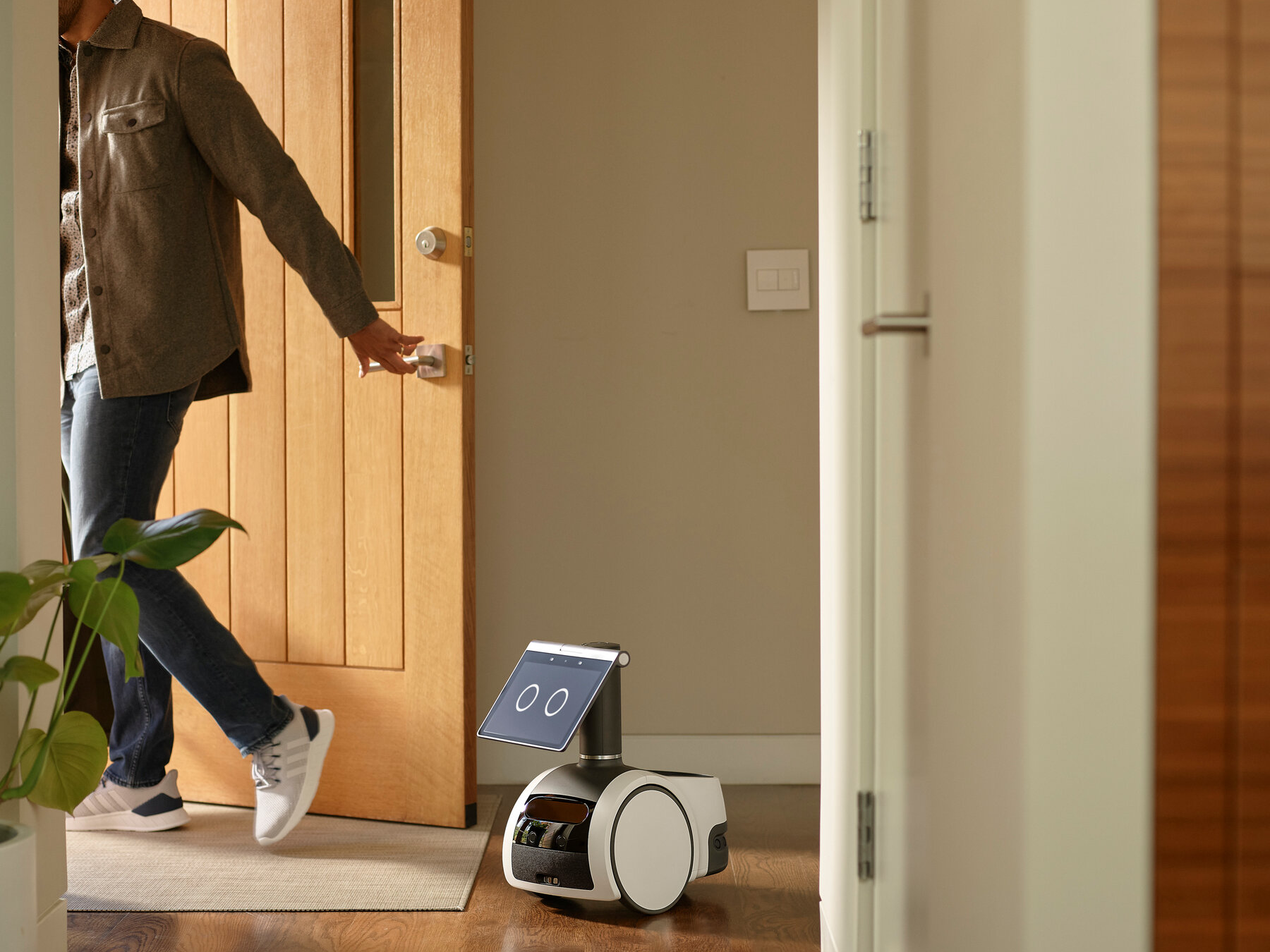
This small robot called Astro, although it is now the most advanced general-purpose robot that consumers are likely to buy (invite to buy), it still does not meet the actual needs and is more tasteless. Simply put, it is better to buy a few smart speakers with screens directly and put one in each room, which is more economical and practical. As a result, its market response is not very good, and it has not really been sold publicly.
The first step across the divide
Although the ideal is very plump, popular culture is full of all kinds of highly intelligent humanoid robots, but in reality, what everyone (people) actually uses at home is still a round cake-shaped sweeping robot and intelligent speakers, and there is a huge gap between them.

This gap span is very large, LEAPX can not jump across, need multiple generations of products to bridge to gradually realize. For the industry, how to build a universal robot with practical functions at a cost that consumers can afford, generate positive market feedback and sufficient revenue to support generations of upgraded products, is the reasonable business logic.
So, how to take the first step?
After analysis, we believe that the key step is to break through the limitations of the current intelligent assistant's pure information interaction and increase the ability to directly interact with the physical world: whether smart speakers, mobile phones, or Astro, they can only accept, process and transmit information, and cannot interact with the environment. This is the most essential difference between humanoid robots and them: humanoid robots have hands, can physically interact with the outside world, and can do "practical things"; while the current intelligent assistants can only "retreat". Therefore, the next step in their evolution should be to increase their ability to be pragmatic.
We decided to define a hand robot with a simplified structure to the extreme, which can increase the practicality as much as possible at a cost affordable to consumers, and can be commercialized for mass production and landing within two years. Let's show the phased results of our cooperation with OPPO in the past six months, a small step for general-purpose family robots: OPPO small cloth robots.
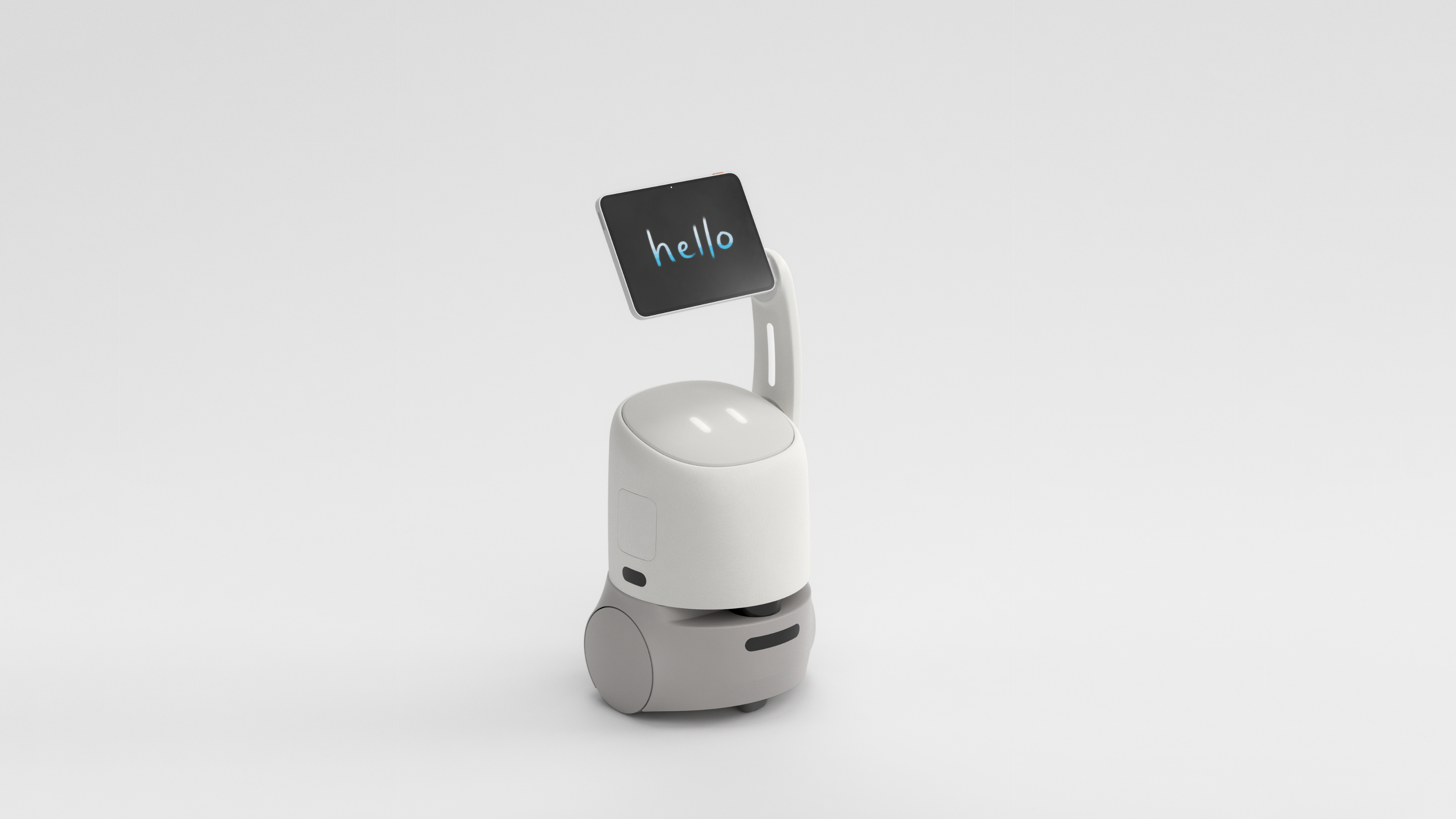
The hand structure of the small cloth robot is very simple. There is only one motor shaft on the shoulder and wrist respectively. The hand is equipped with an electromagnet module. Usually, it holds a tablet computer for transmitting visual information and touch screen interaction.
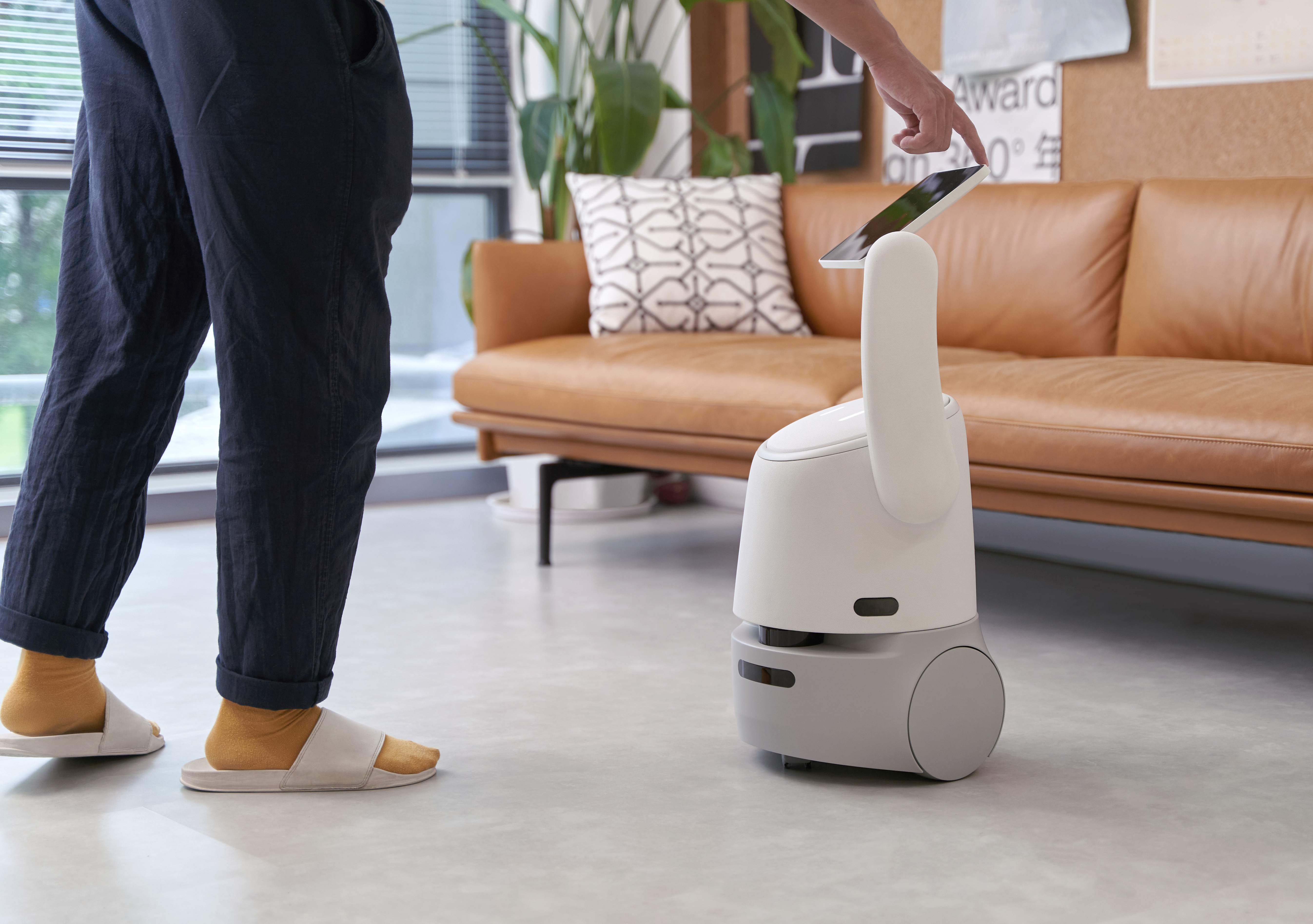
Since the flat plate can be raised by hand, the robot body does not need to be very large, and it can have enough height to interact with people, which can not only reduce the cost, but also increase the safety and flexibility of the robot. The height and angle of the camera video are also more natural.

In normal action state, the tablet can also be lowered to the chest or back, lowering the center of gravity to make the movement more stable at high speed.

Due to the magnetic attraction module of the hand, the hand of the small cloth robot can be combined with other modules other than the flat panel, such as projectors, trays, etc., and there is a lot of room for functional expansion.
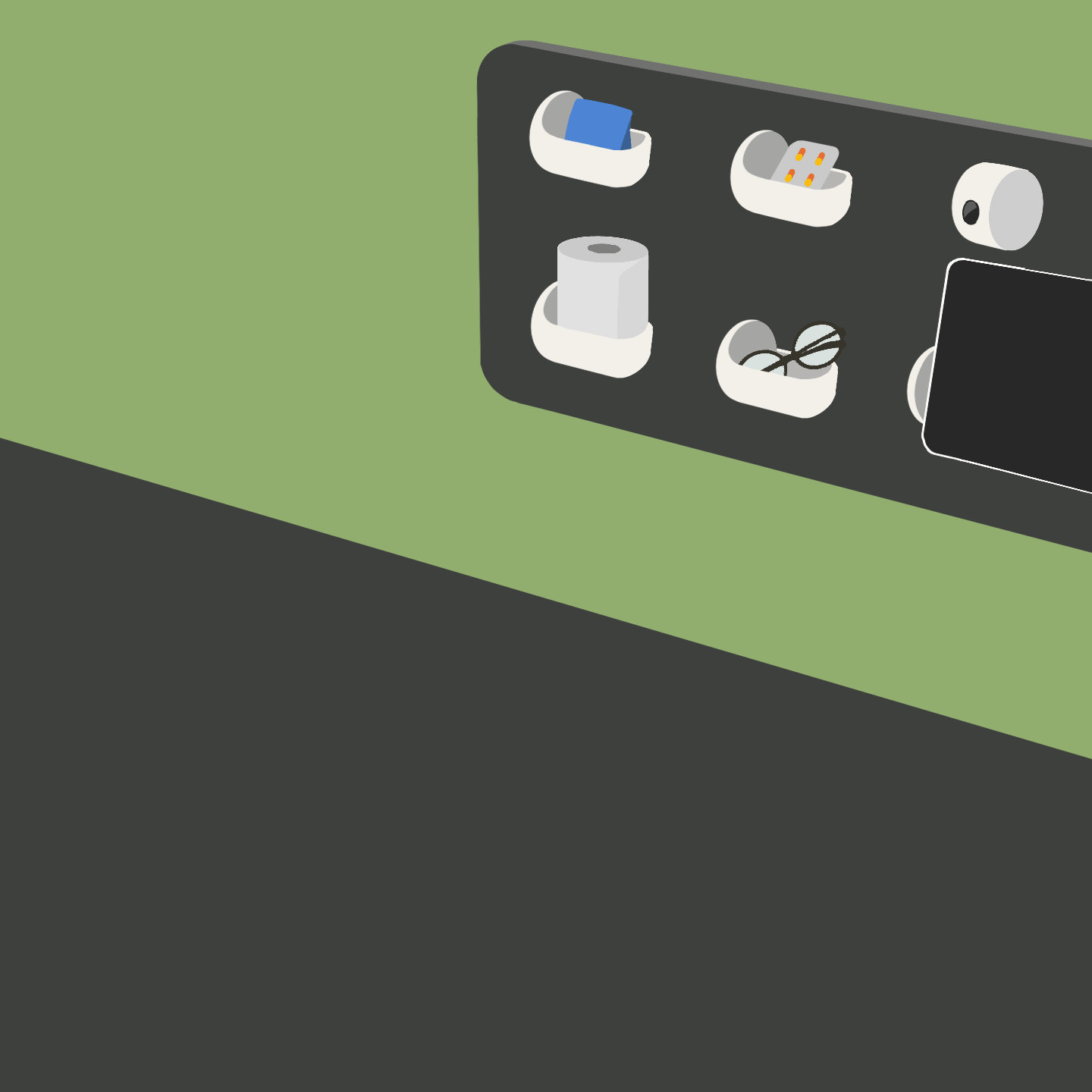
These modules and sundries trays are pre-hung on the wall, and small cloth robots can replace modules and take things autonomously.
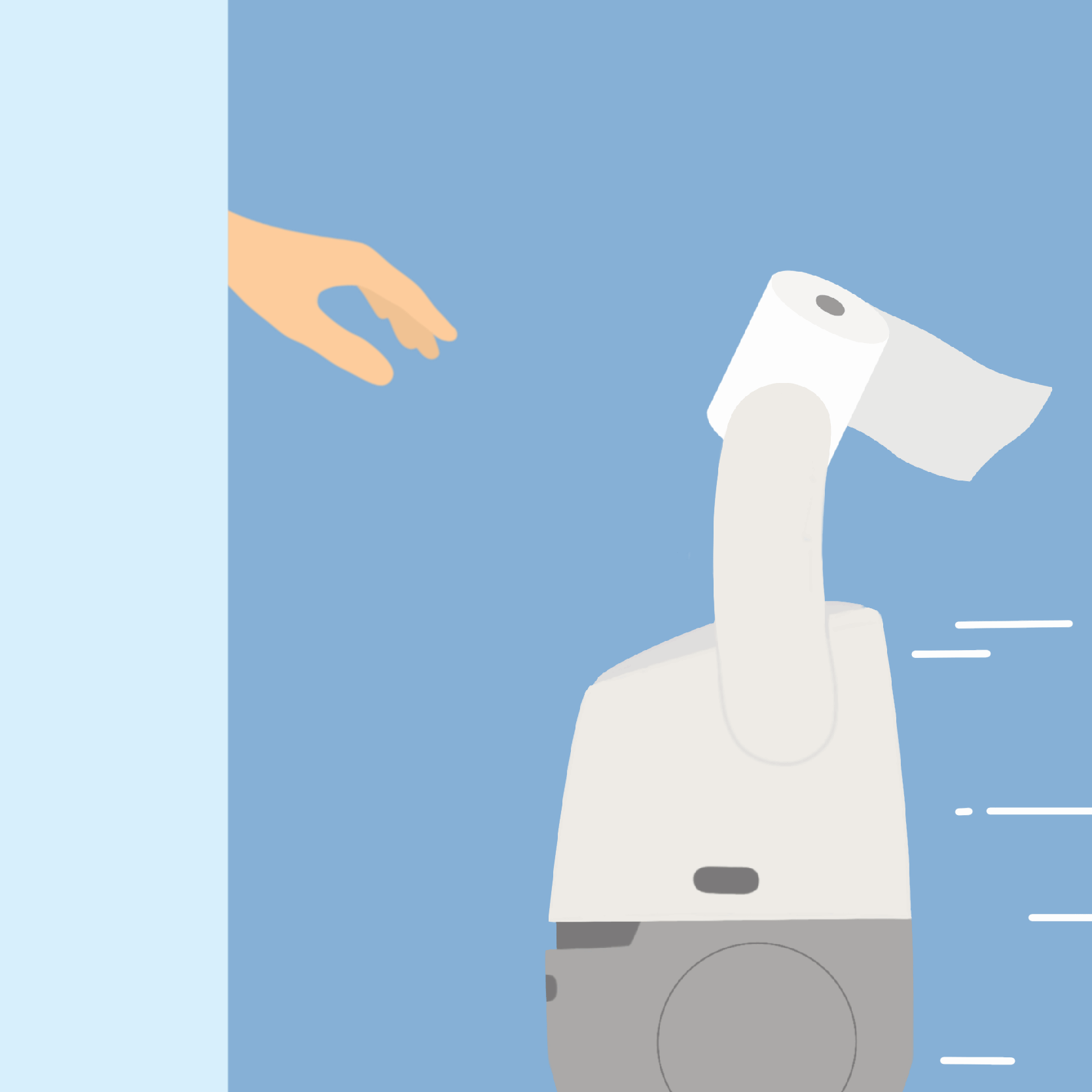
For example, if you encounter an embarrassing scene where the toilet paper is used up, the cloth robot can deliver the spare paper towel to your hand without the intervention of others. All kinds of spare items can be placed on the sundries tray, such as reading glasses, scissors, daily medicine, etc., and small cloth robots can deliver them for you when needed.
This kind of function is not important to ordinary people, but it is very convenient for the elderly and other people with limited mobility. They are also the main group we want to serve. New technologies often first solve the rigid needs of some people, and then gradually expand to the general public.

A small drawer is also built into the side of the small cloth robot, which can store more important items, such as first aid medicine, so that it can be delivered to the elderly as soon as possible when needed, without having to pick up things first.
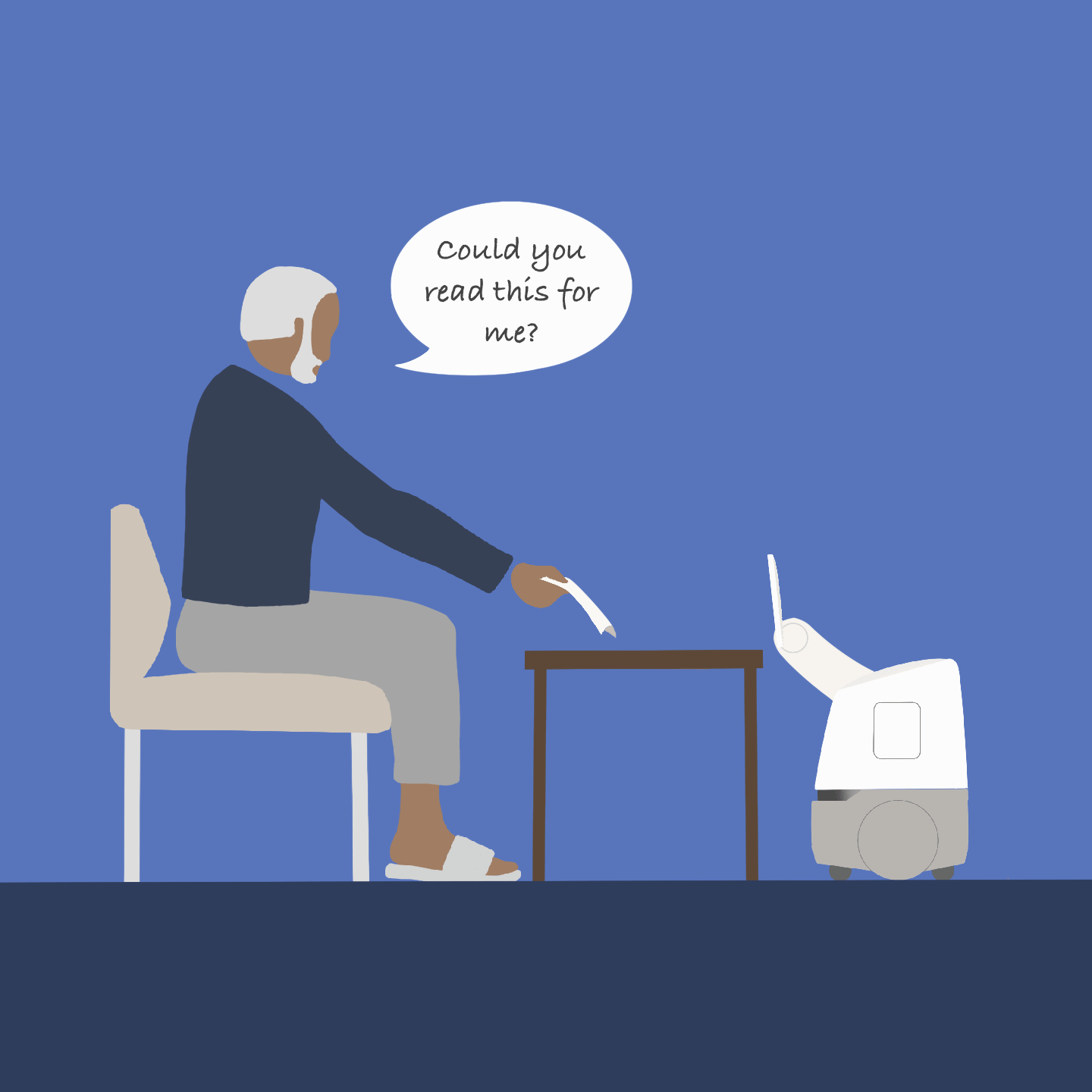
The height and angle provided by this hand can also allow the small cloth robot to better assist the elderly in their lives, such as reading books and documents on the table.
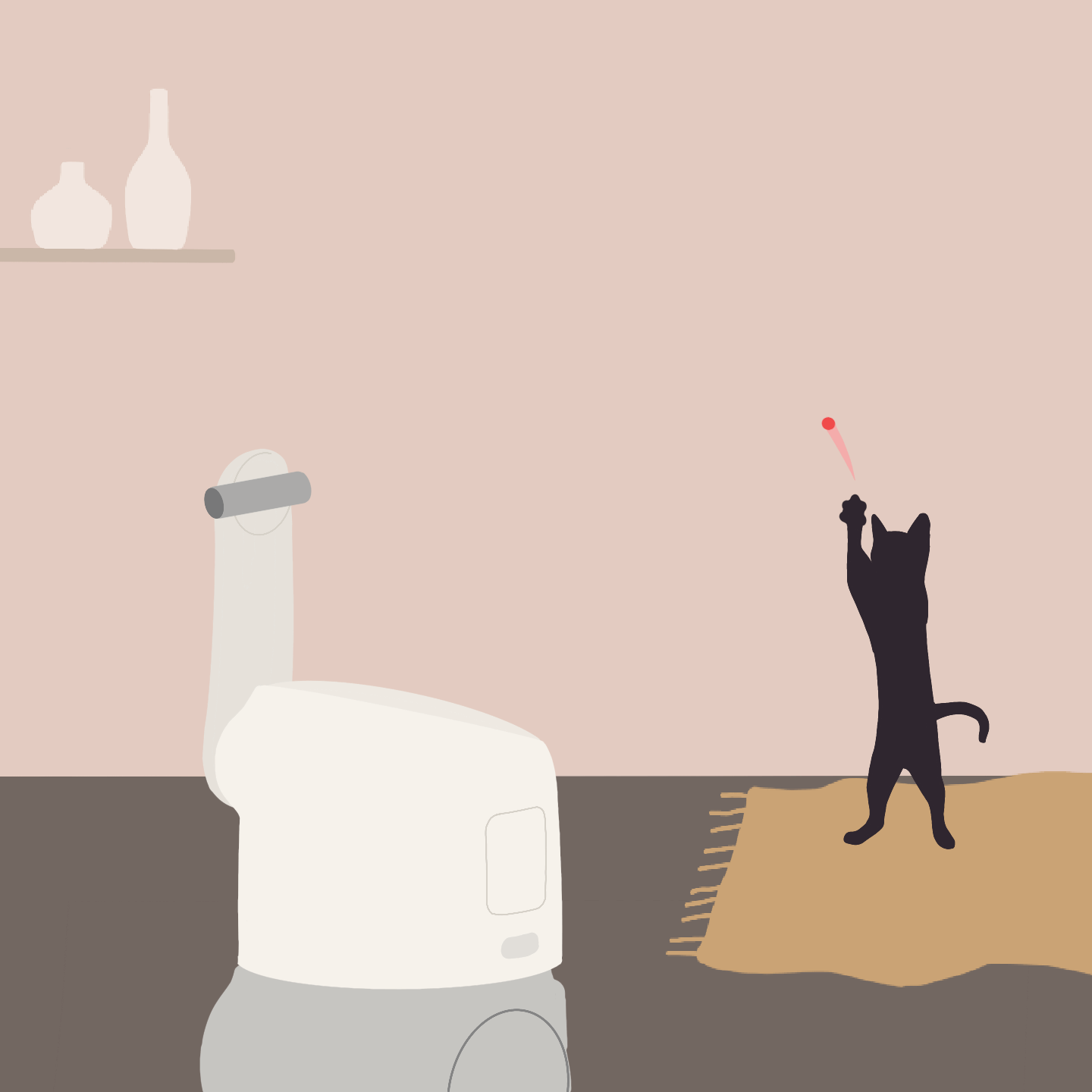
A laser or other toy module can also bring companionship to the pet.
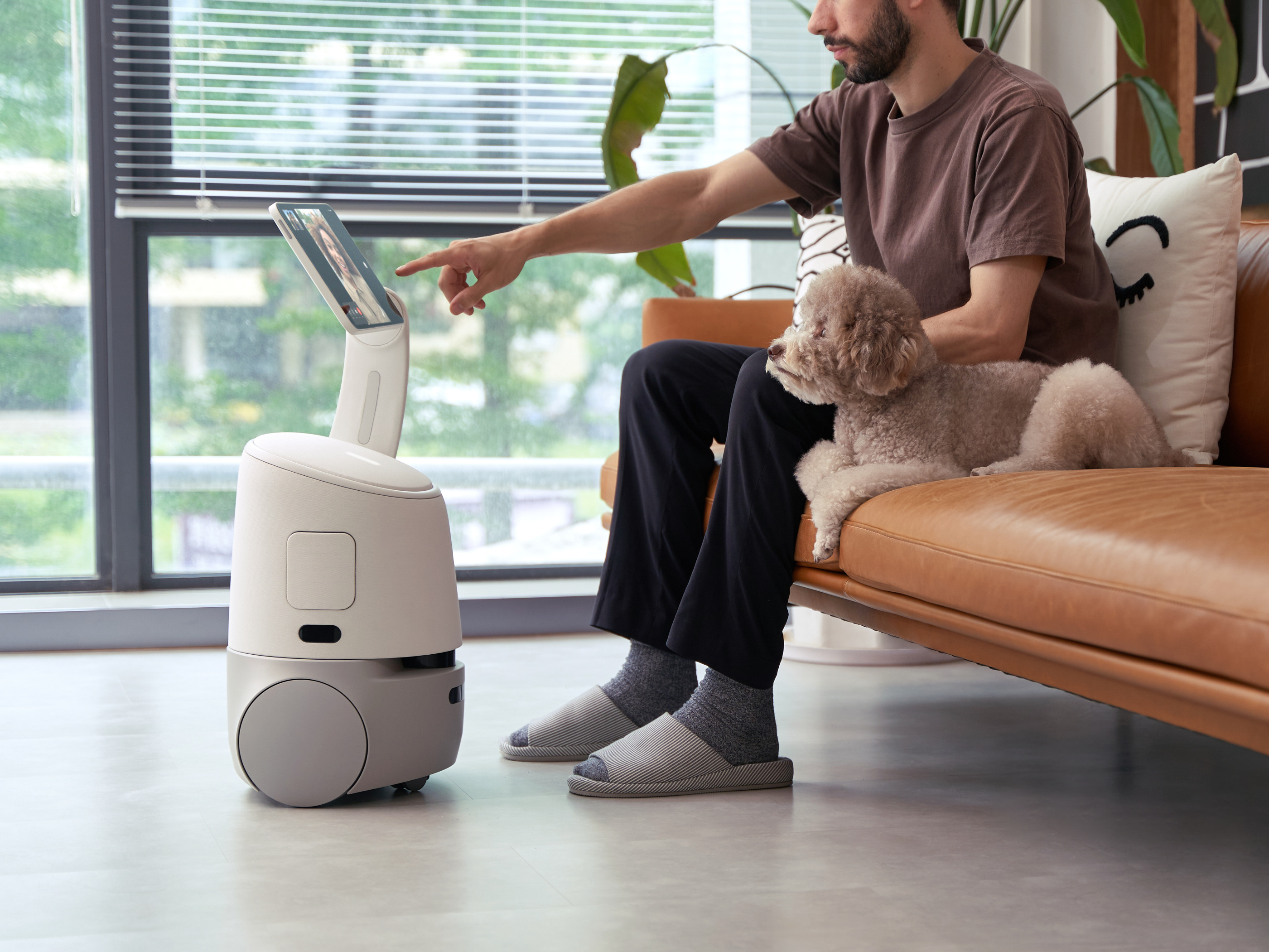
In daily life, elderly users can let Xiaobu follow video chat while watching TV and doing housework to promote the elderly to establish links with family and friends.
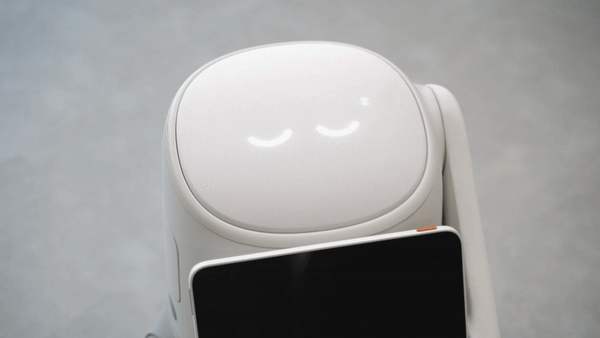
The small cloth robot adopts the design of separating facial expression and touch screen to avoid the separation of robot expression and image when the screen displays information. Make facial expressions online all the time. Since the expression is projected on the cloth surface, it is more natural and avoids the stiff feeling of "black face" when the expression is displayed on the screen.
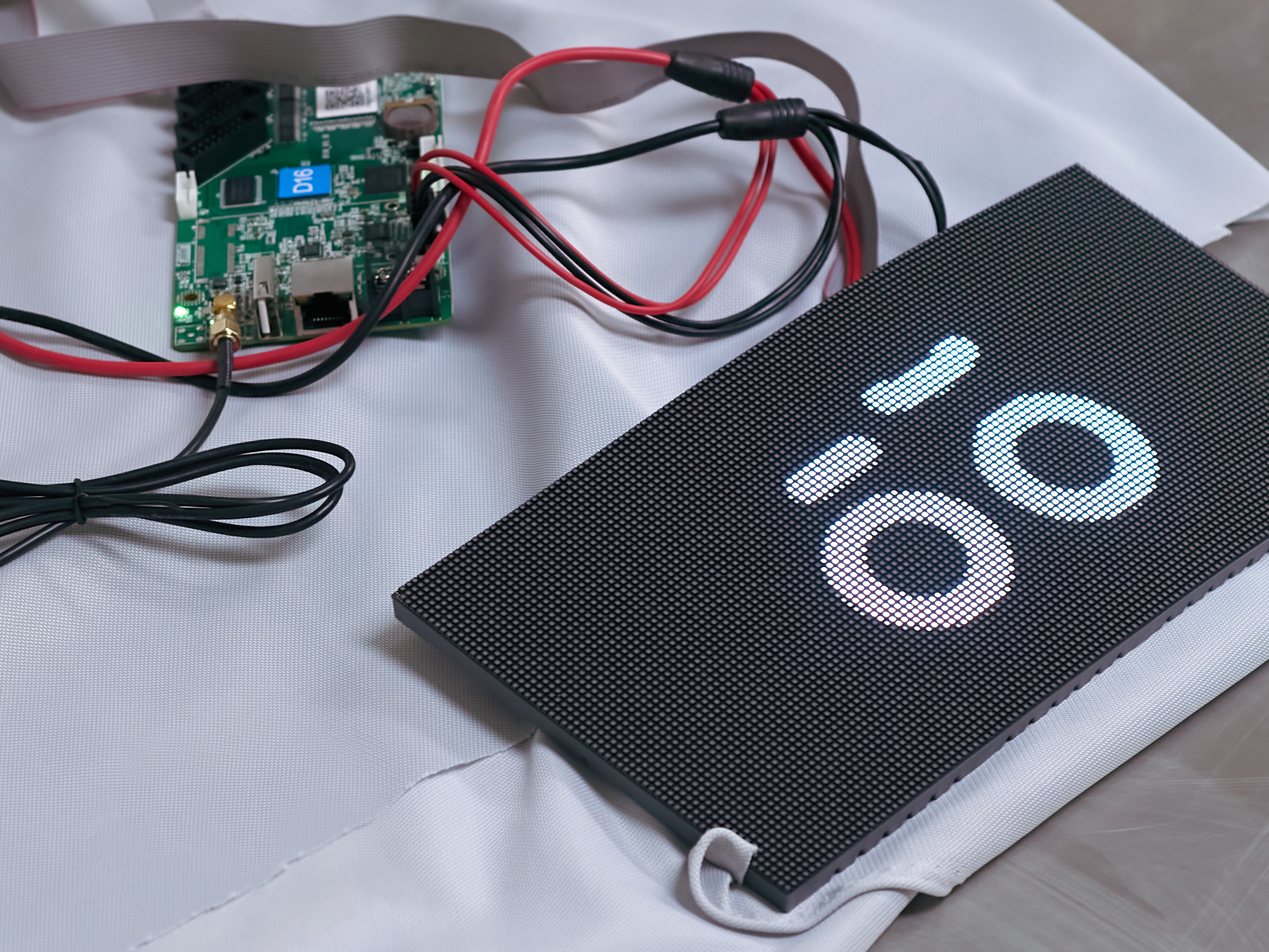
In the way of expression display, we tried different screens/projections and fabrics, and chose the best combination.
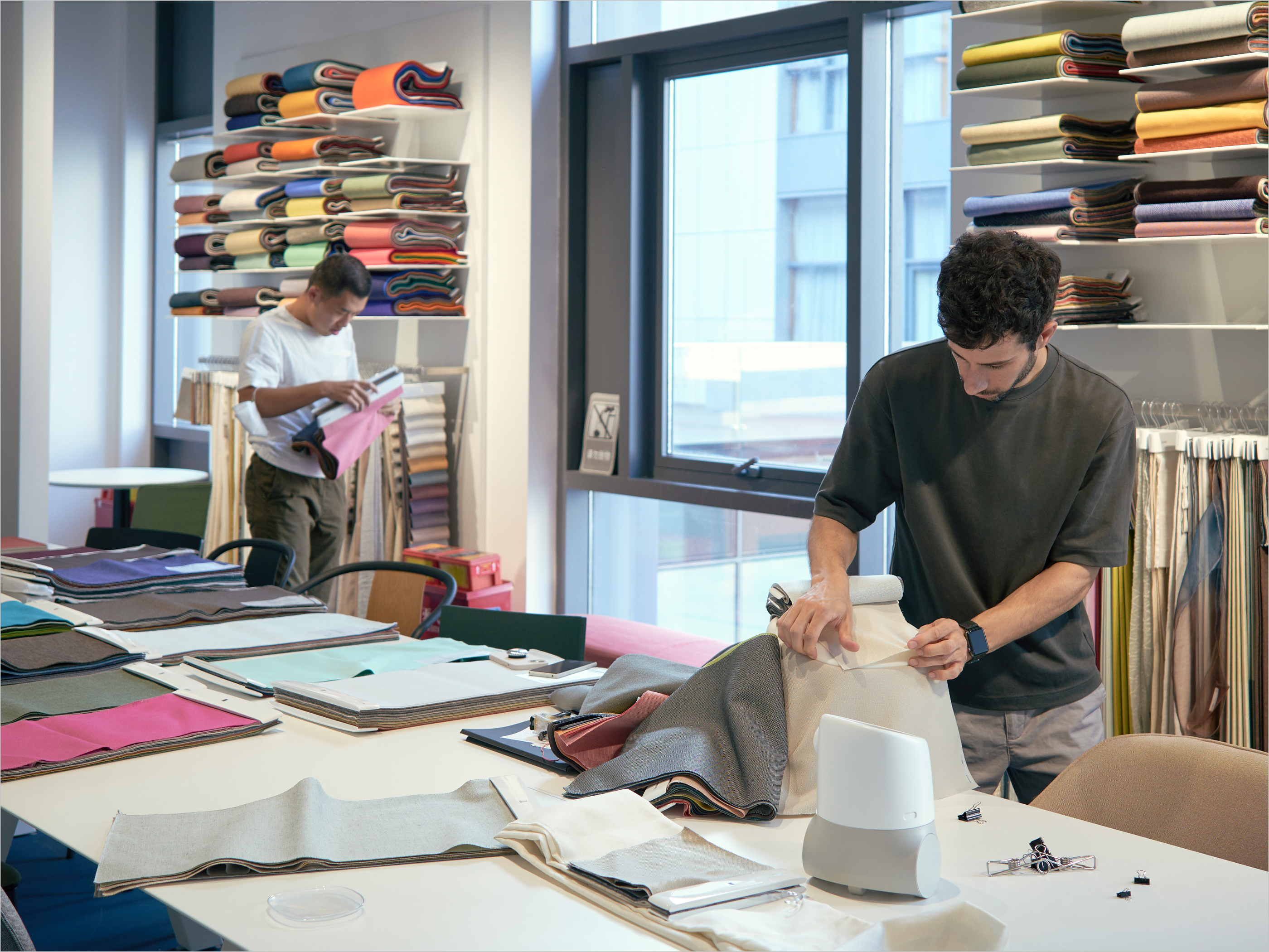
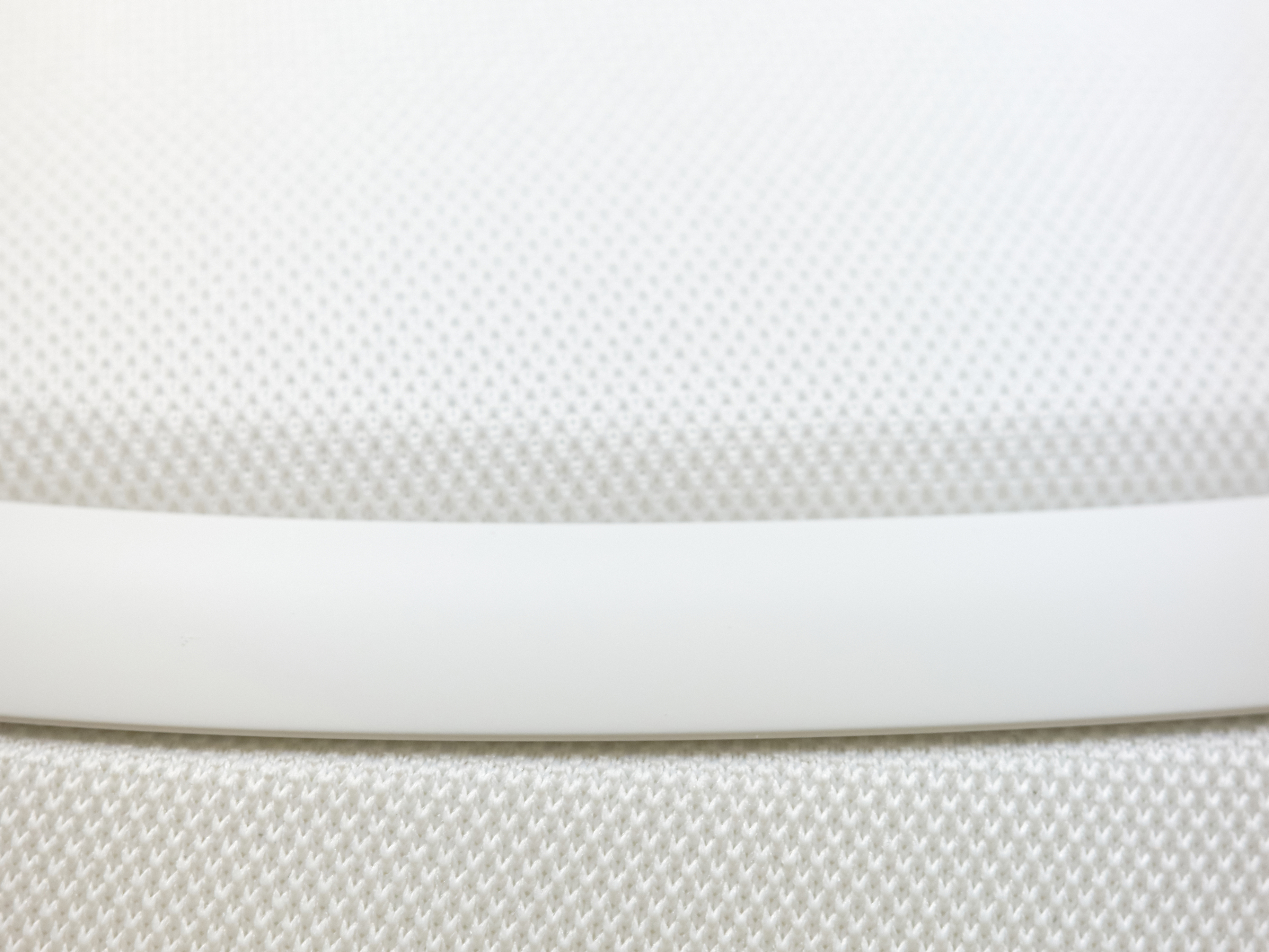
In addition to the face, we also carefully selected the soft fabric surface to cover the body of the small cloth robot, which not only seamlessly hides the microphone and sound, but also makes the small cloth robot different from the cold metal or plastic surface of the traditional robot, giving people a more friendly interactive experience and easier to integrate into the warm home atmosphere.
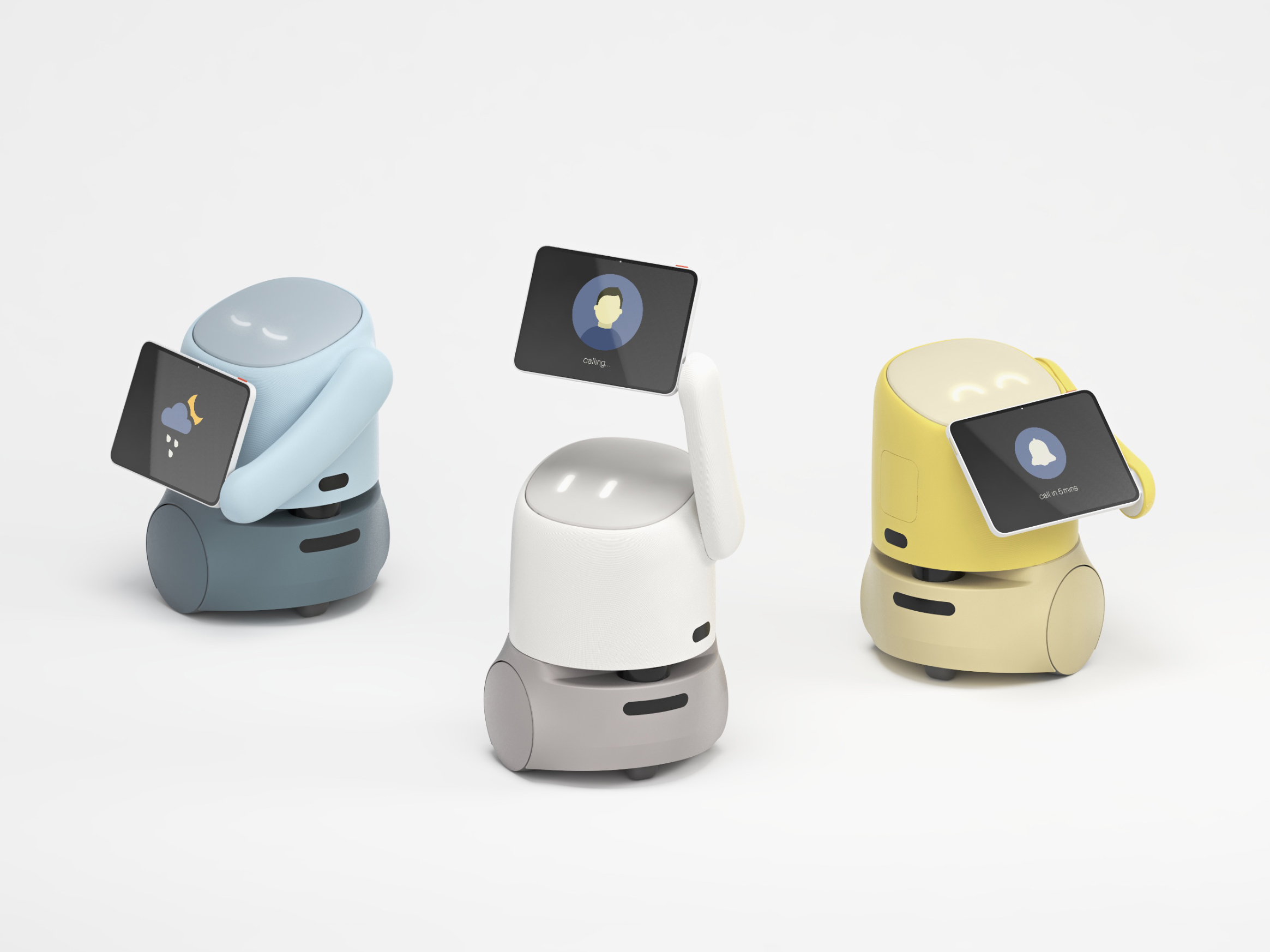
It can be seen that the shape and structure of this robot are quite simple. Through a simple and low-cost hand, it can already interact with the environment and realize many practical functions. This makes him qualitatively different from other home robots/voice assistants. He can not only provide information interaction and life companionship, but also perform fetch tasks and expand various other functions through handheld modules.
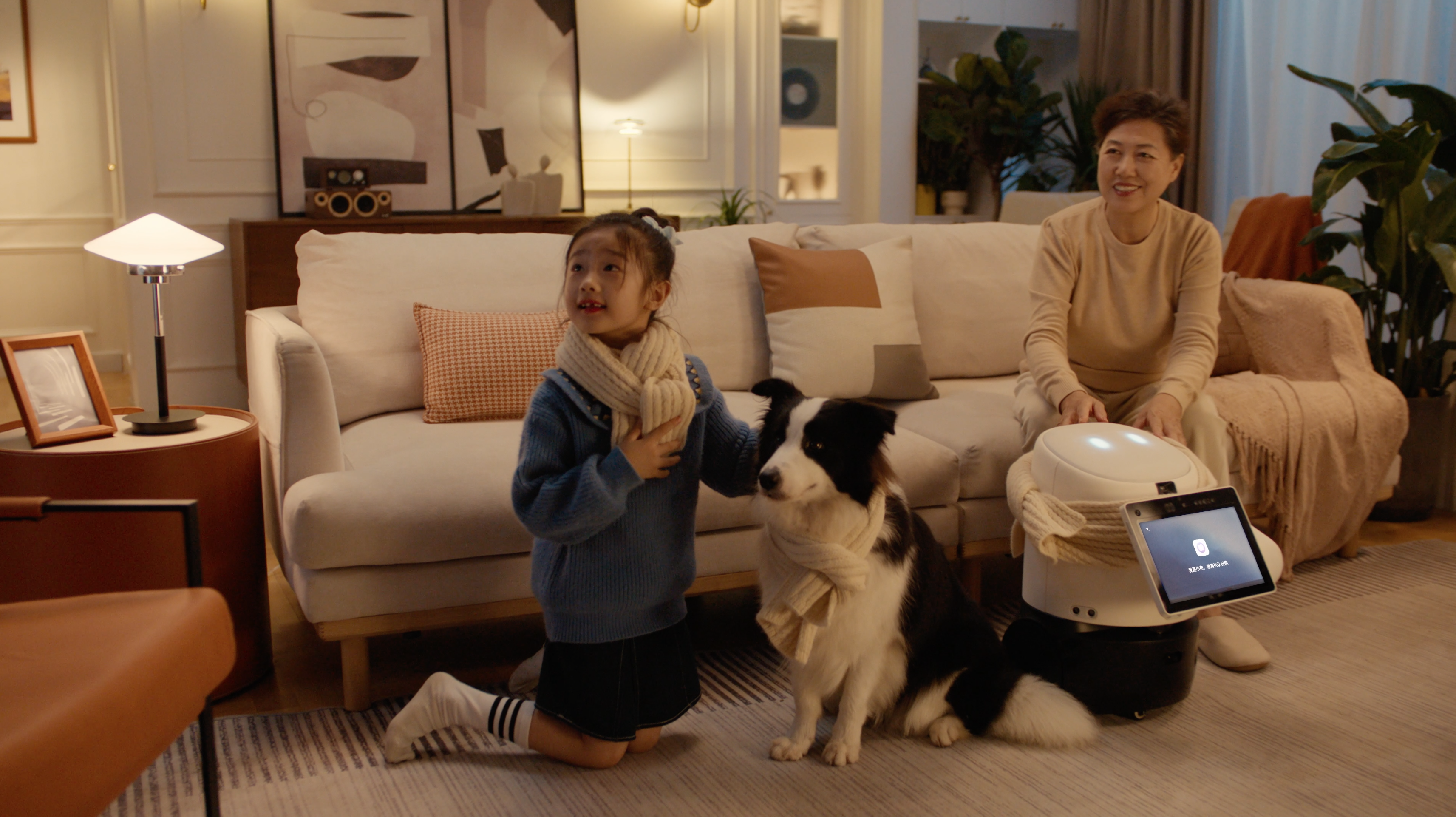
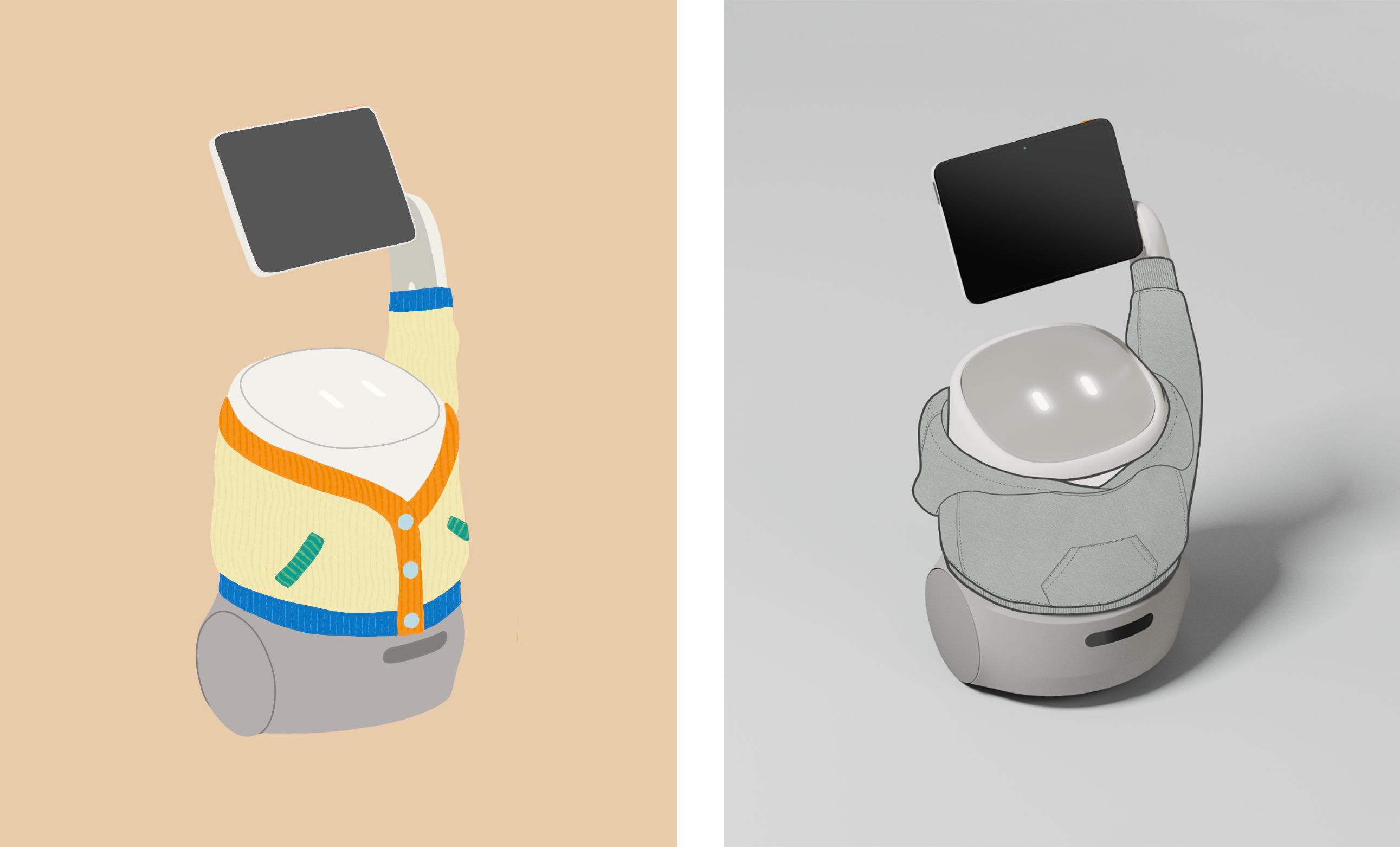
We have also tried to design clothes for the small cloth robot to increase the personalization and affinity of his shape.
Design process
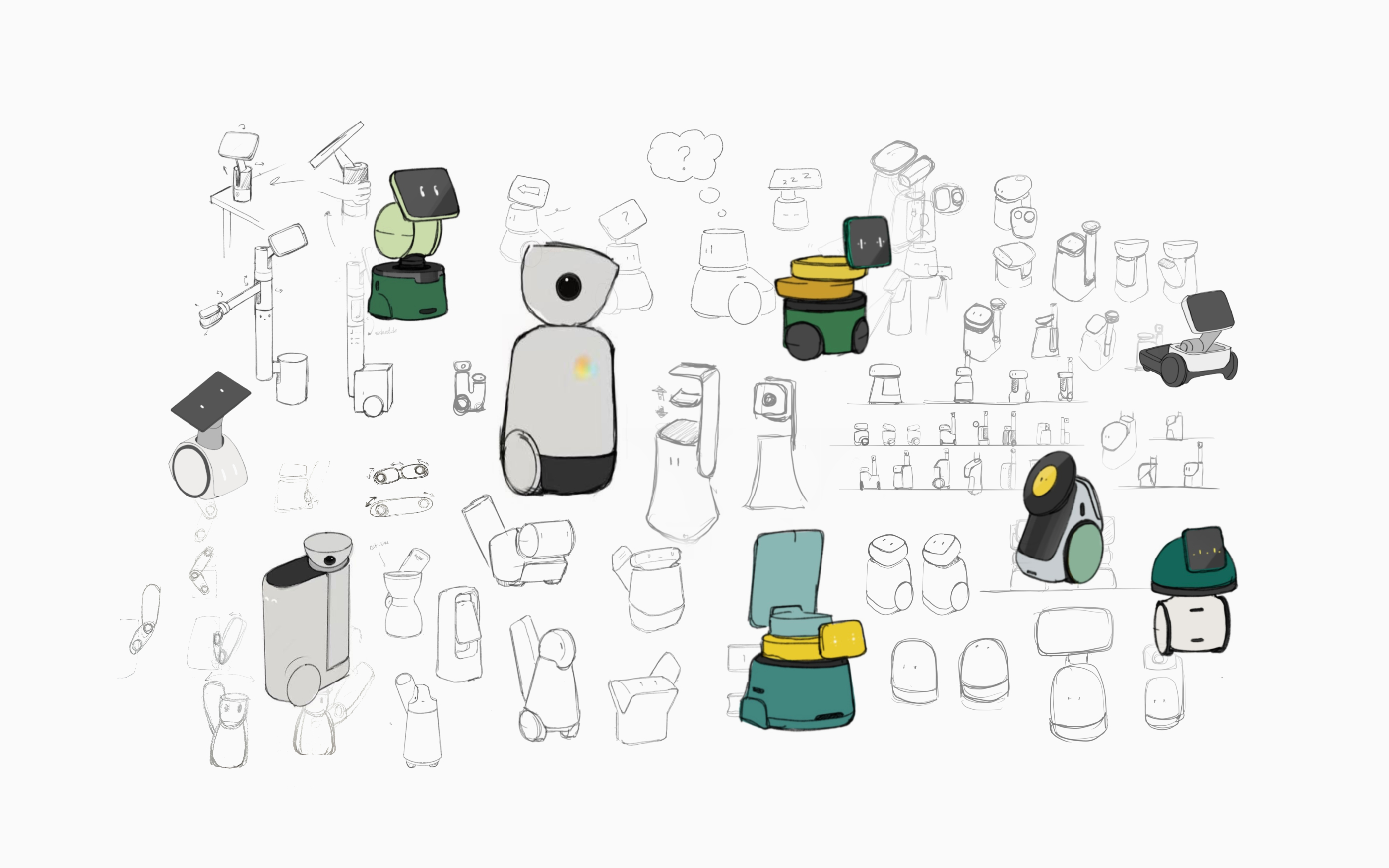
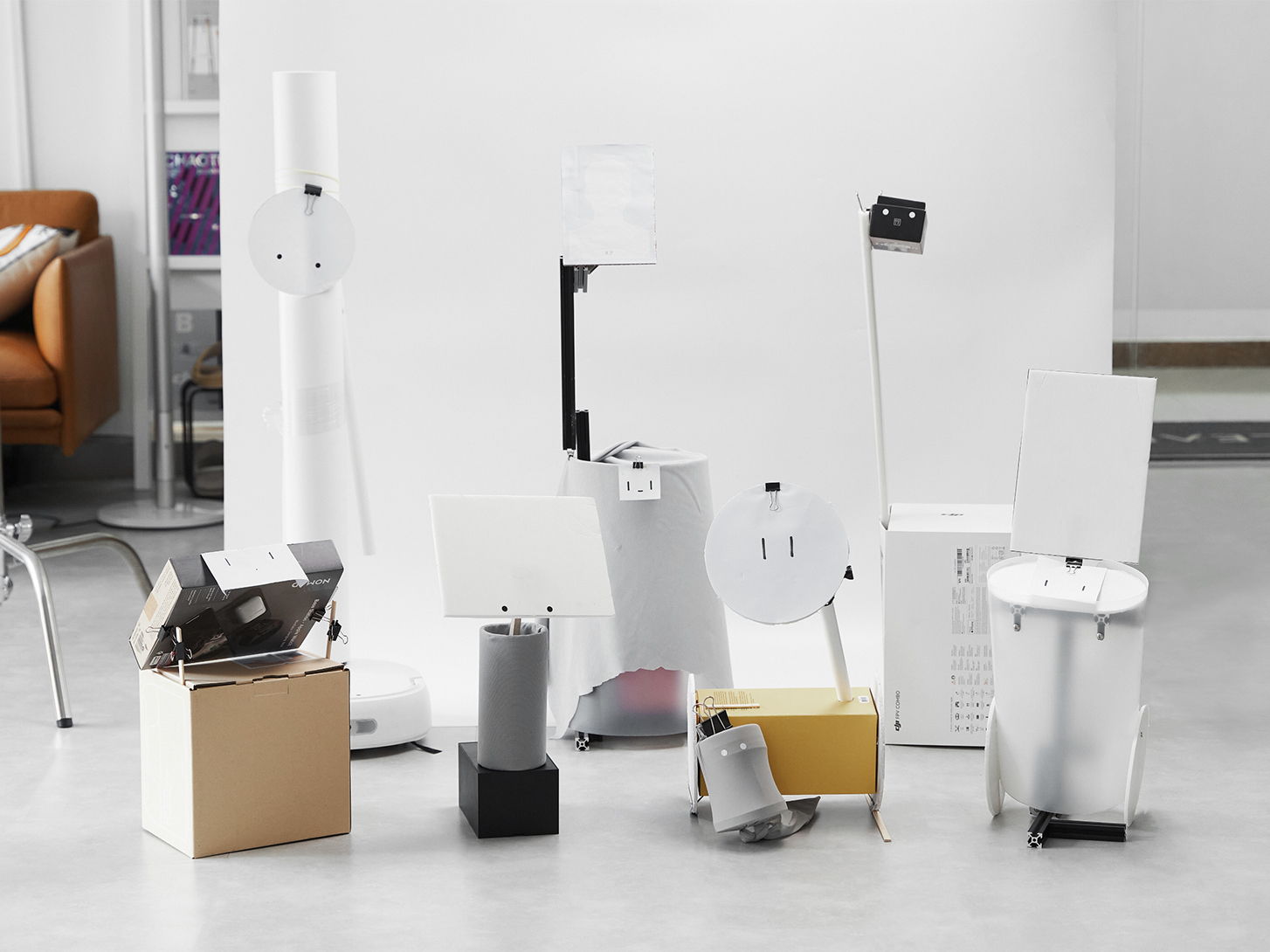
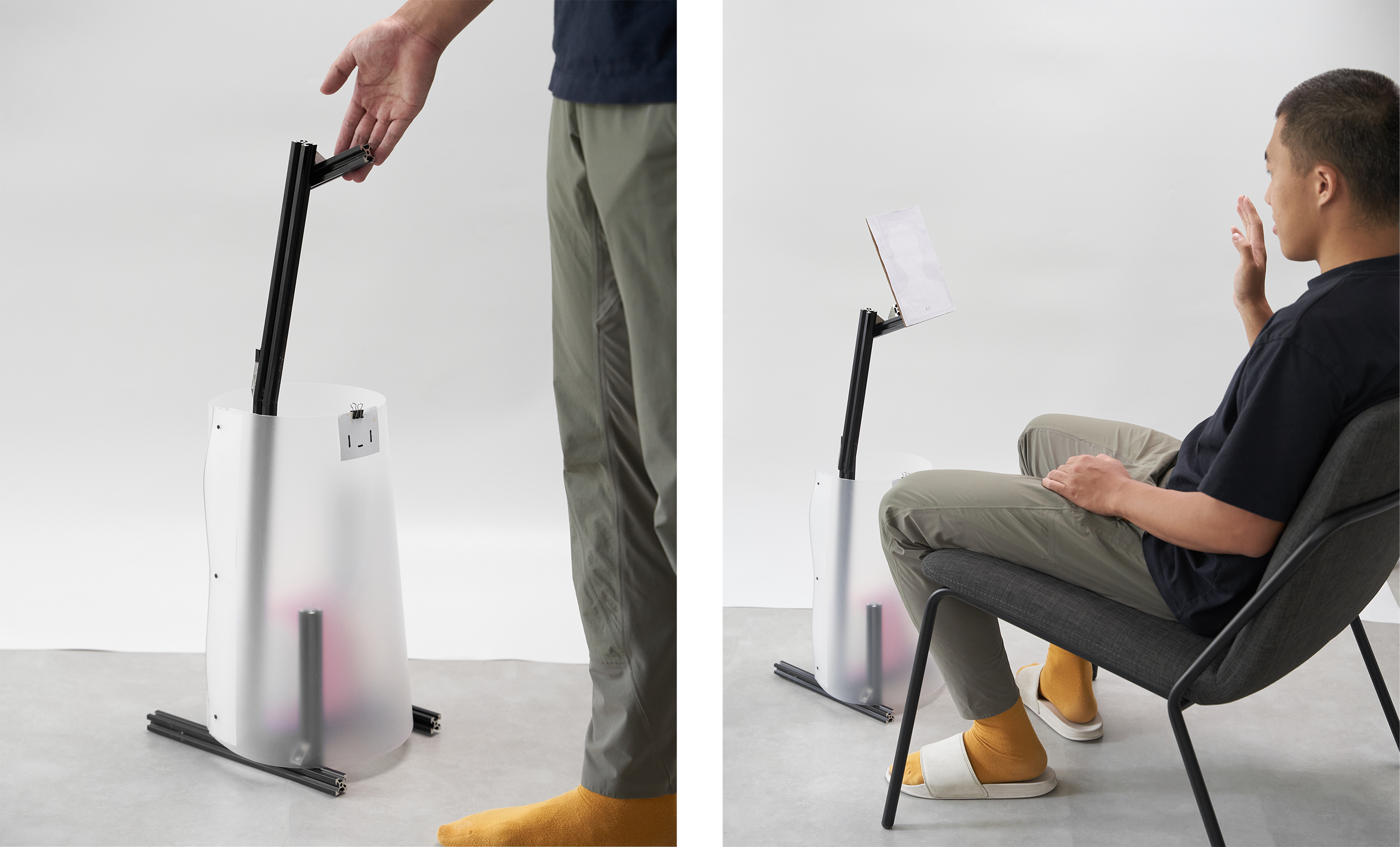
For example, through a simple physical model, the robot's volume, arm length, interaction height, etc. are quickly perceived and tested.
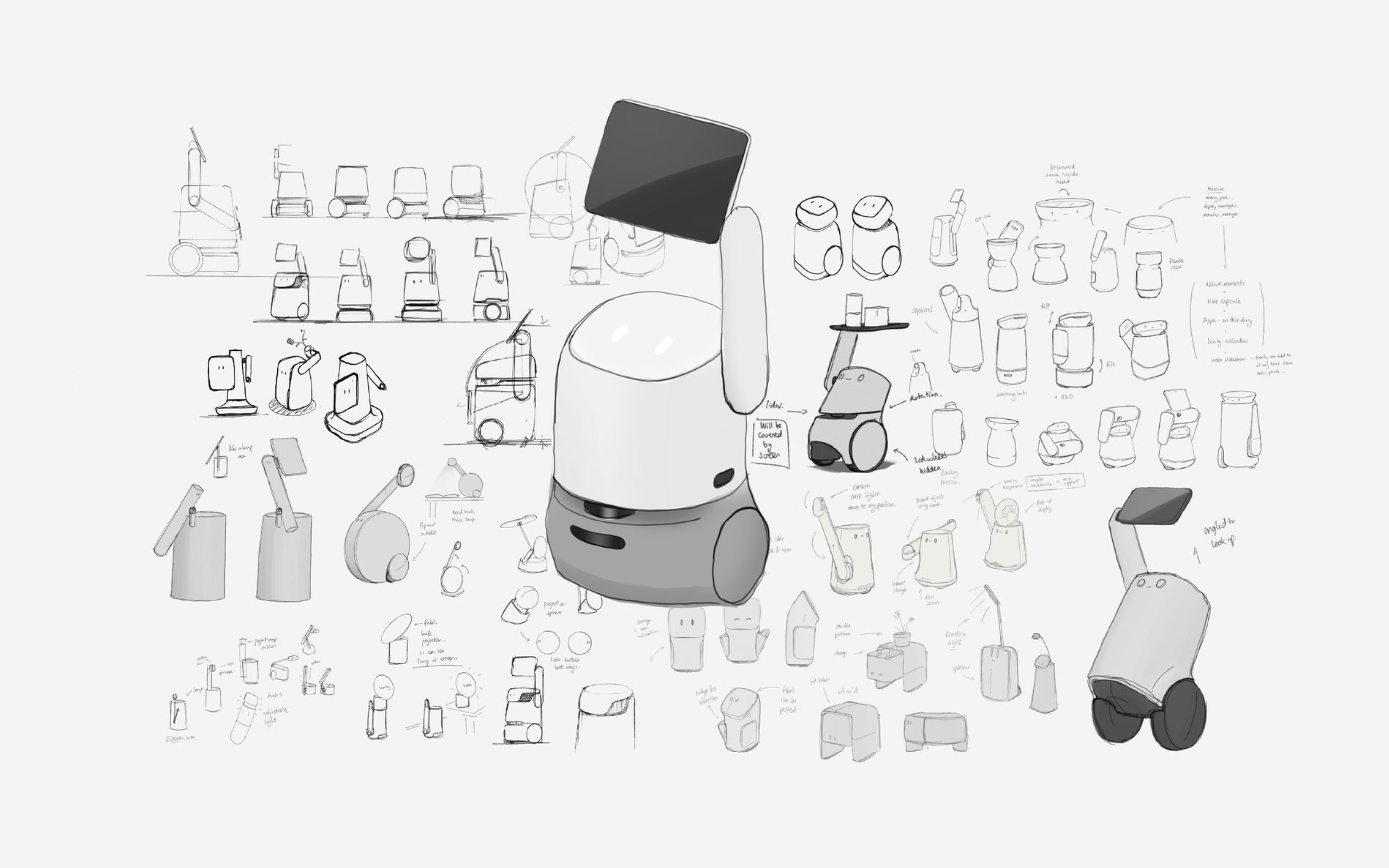
Different visual modeling directions are explored with sketches.
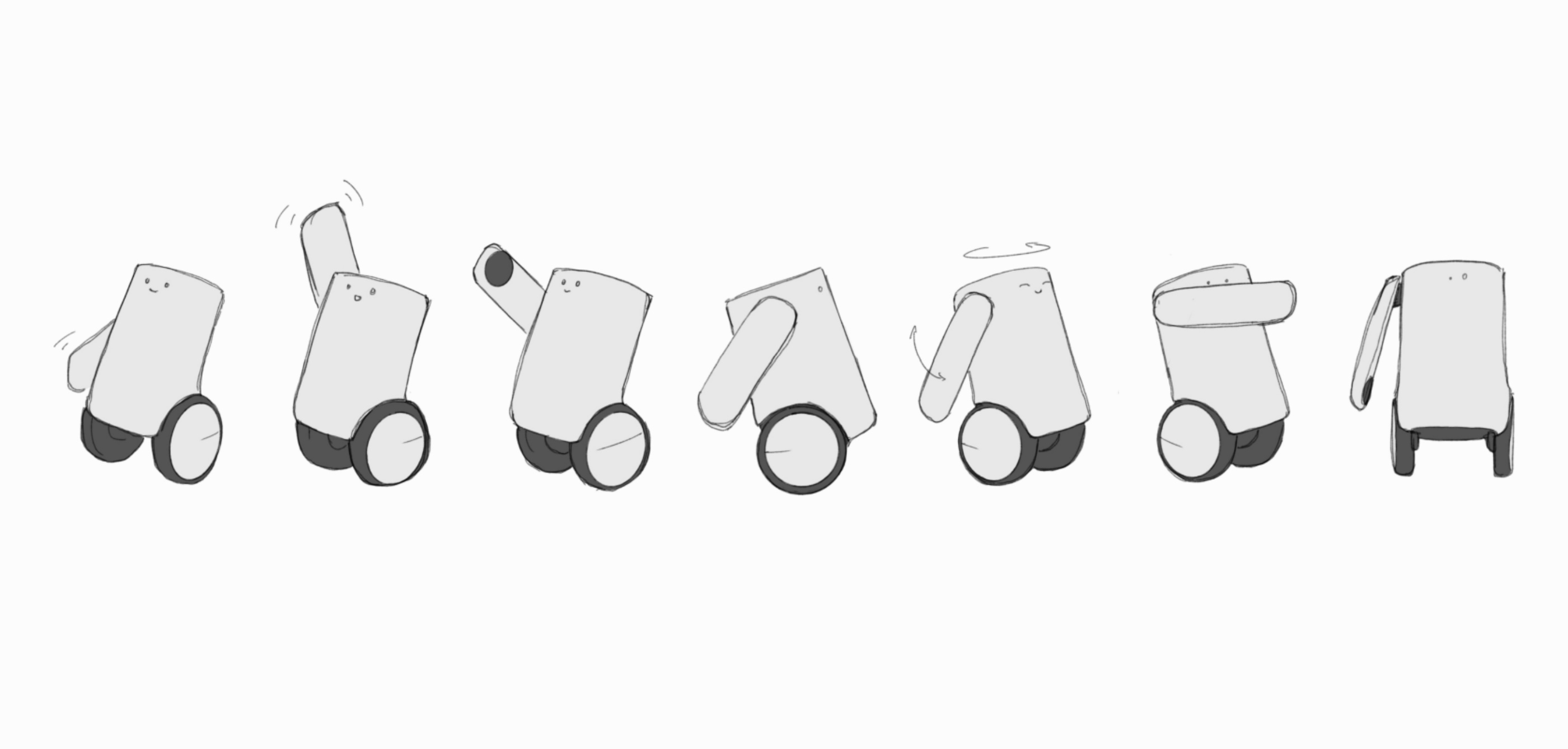
In our early vision, the movement of hands and body can be flexible and agile enough to express richer body language.
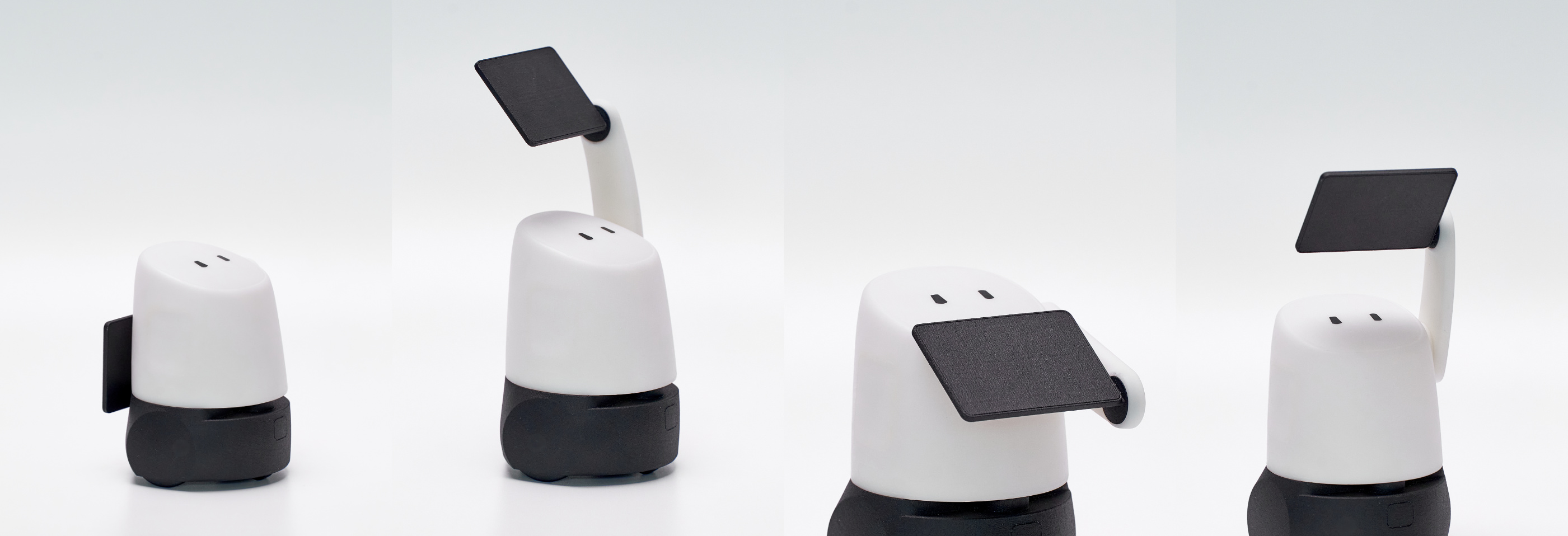
After the preliminary modeling, we also printed a small-size model in 3D to see the general physical effect.
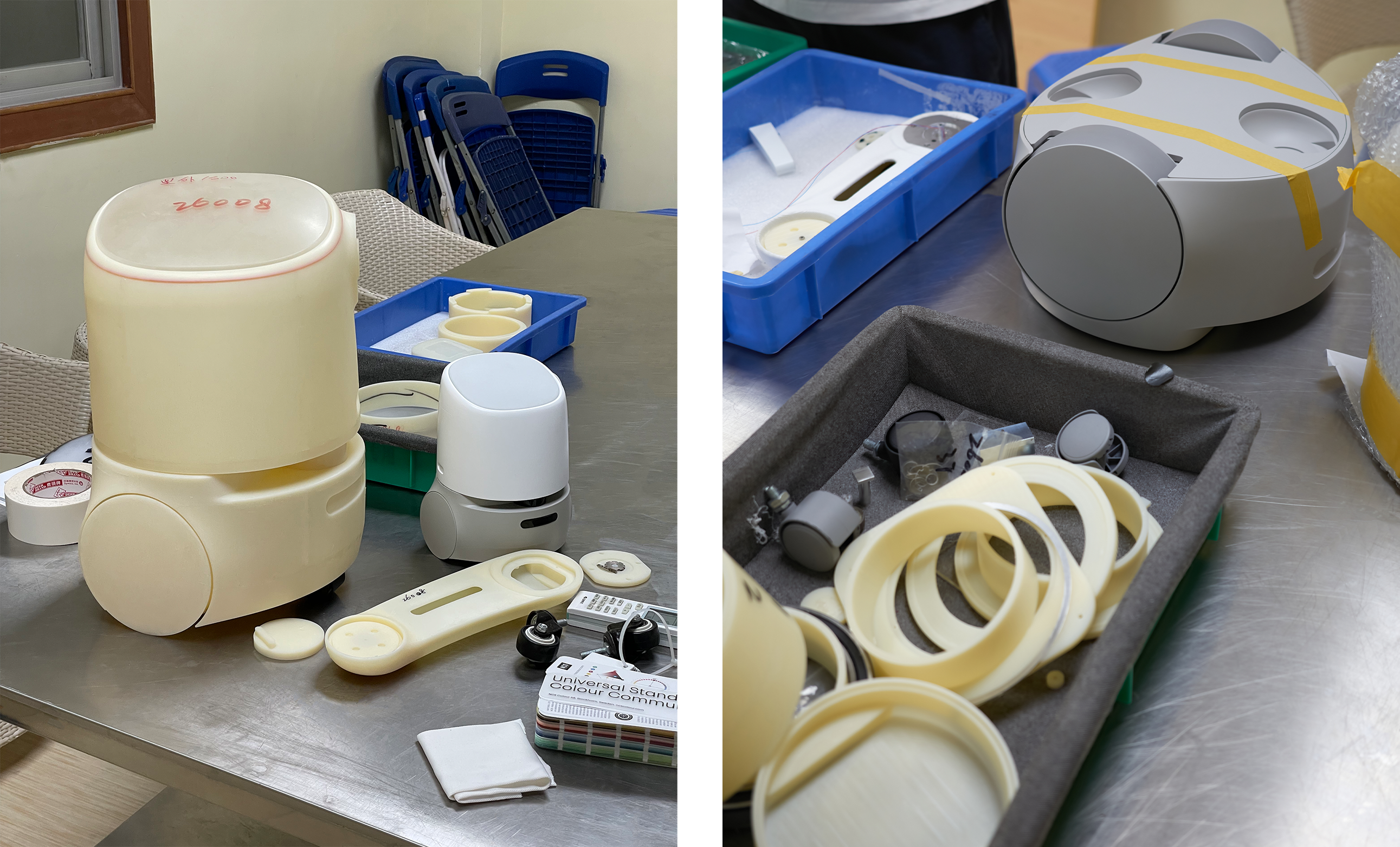
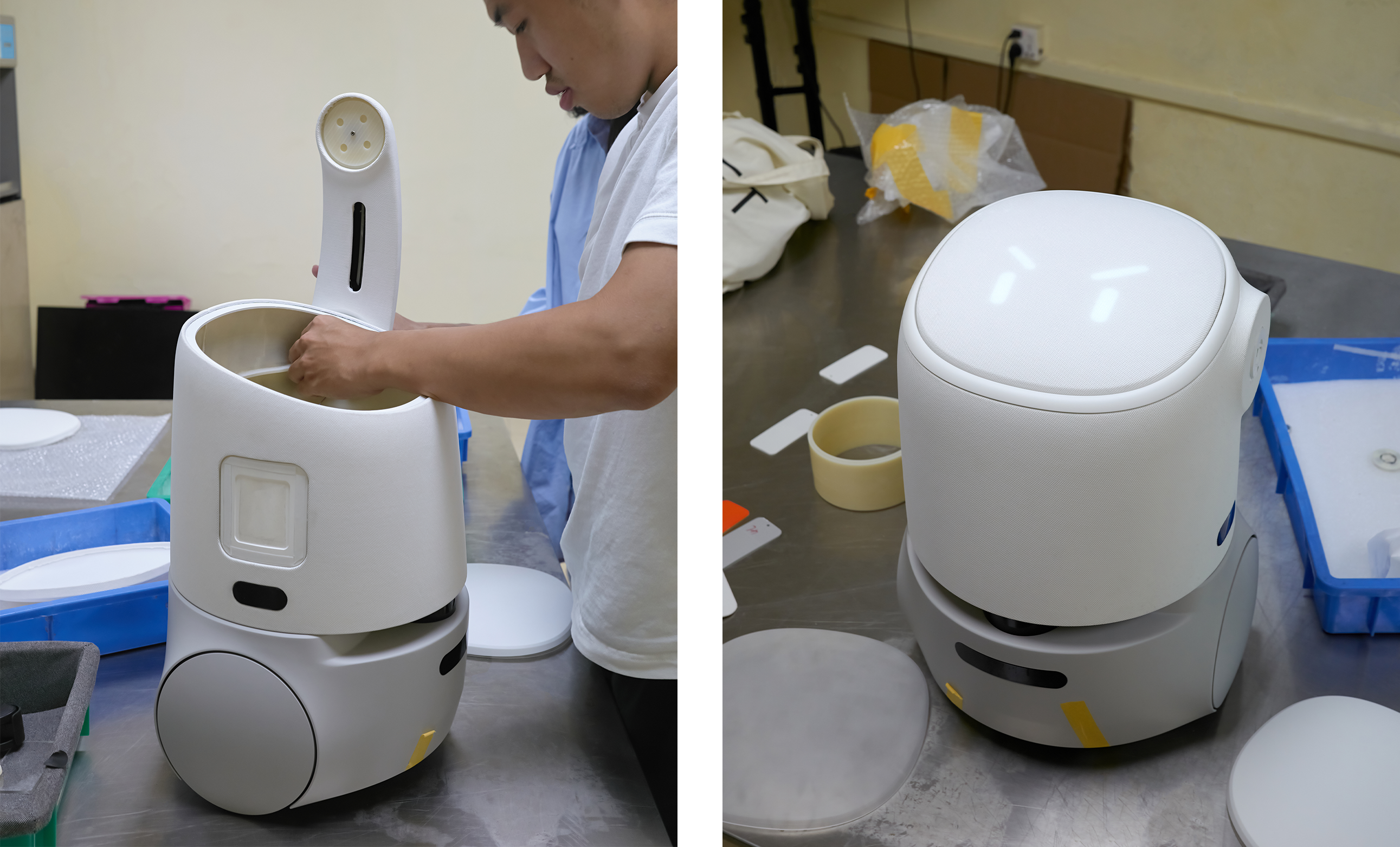
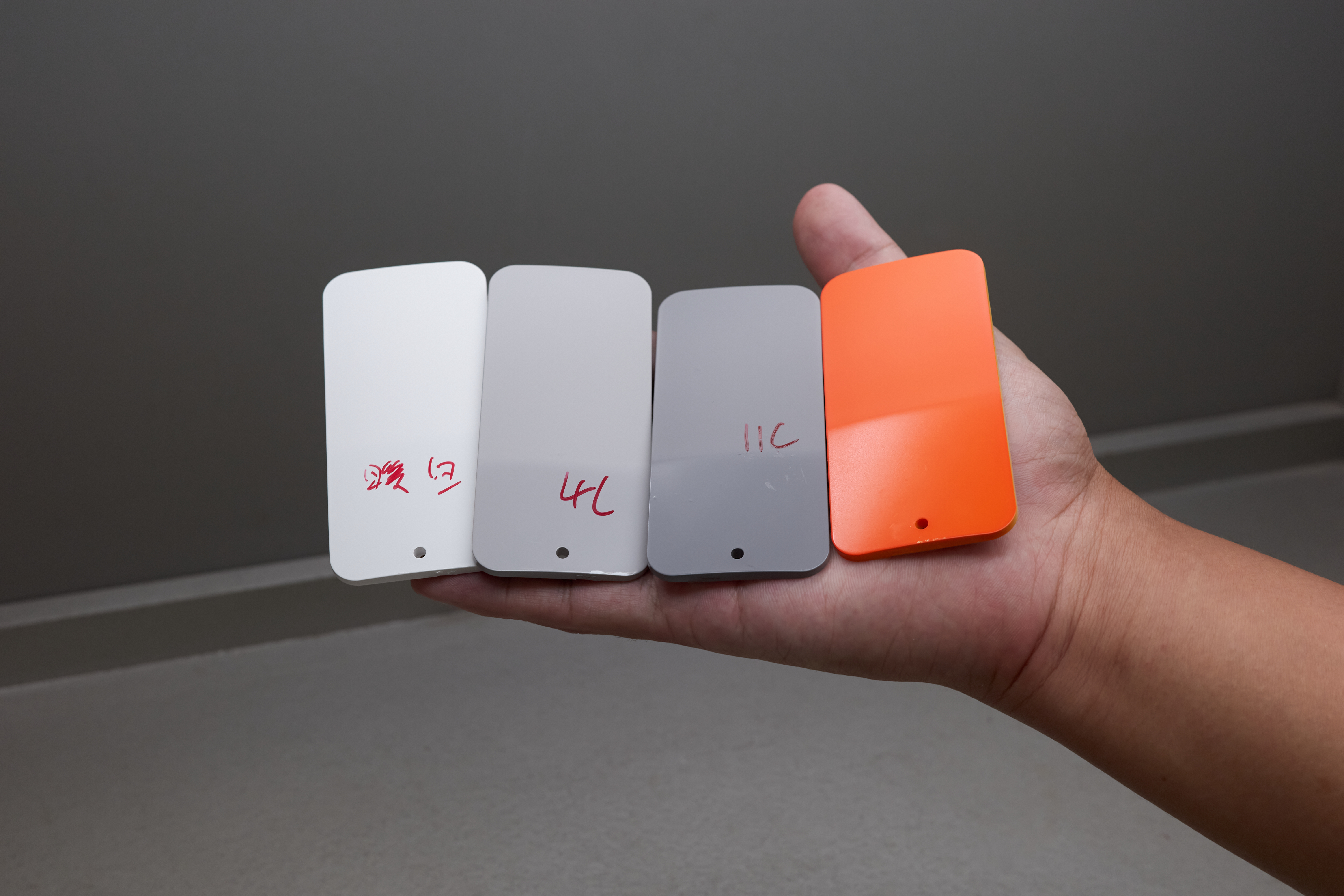
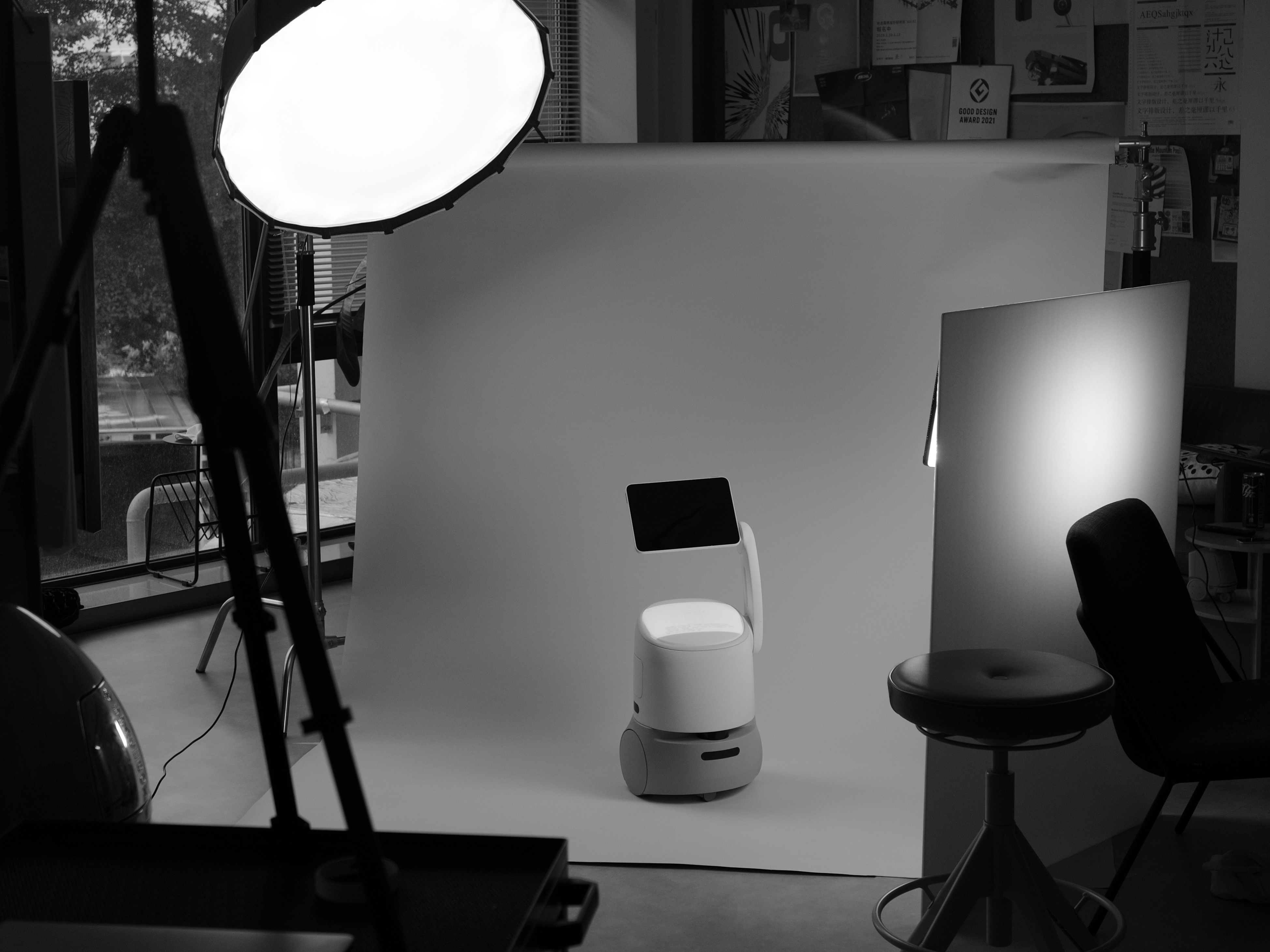
Conclusion
In the end, with the efforts of LEAPX and OPPO teams, the first generation of engineering machine of small cloth robot was successfully completed in less than a year and released in OPPO INNO DAY in 2022.
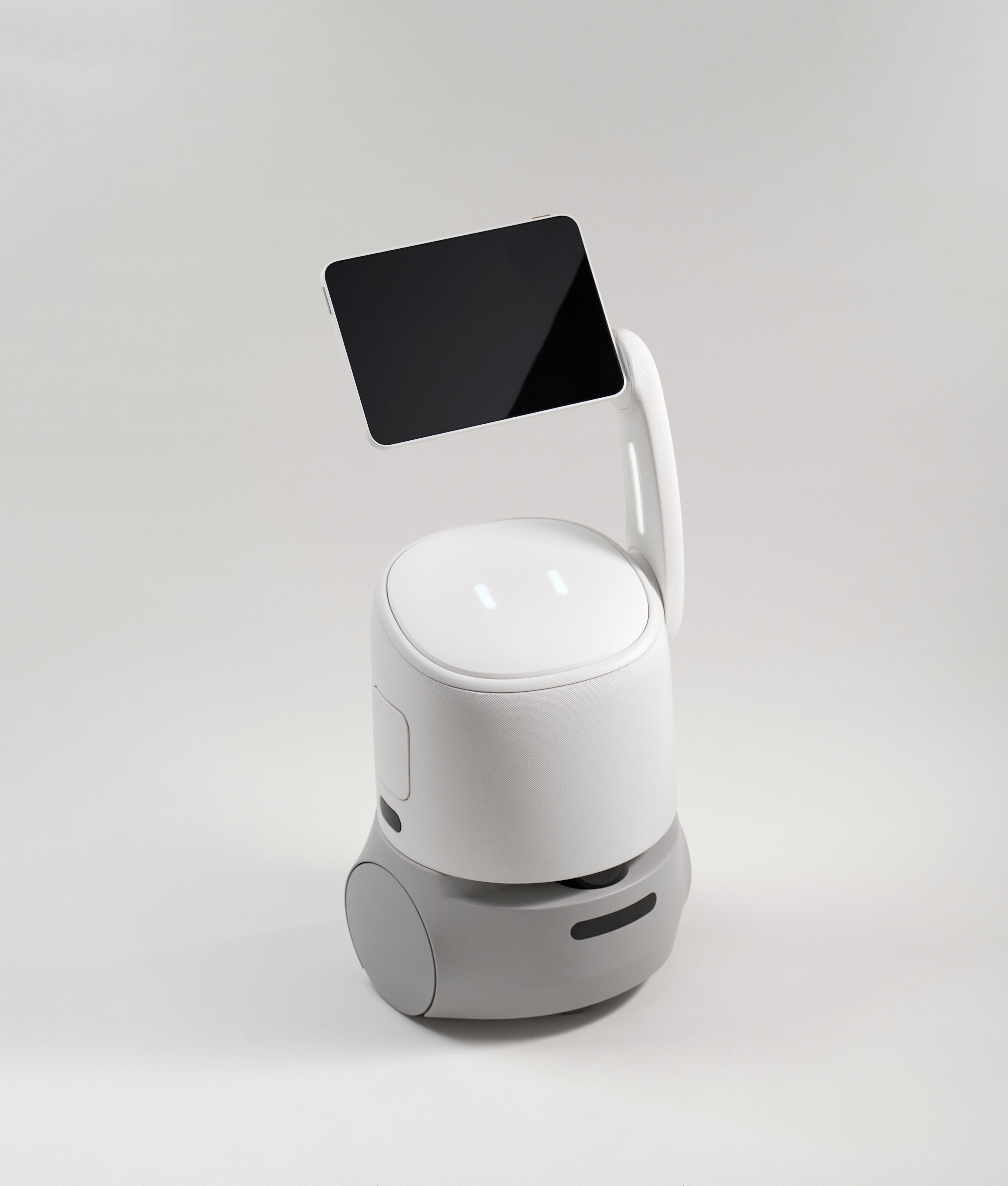
The shape and structure of the small cloth robot are very simple. It uses the lowest cost hand to break through the limitation of pure information interaction and makes initial interaction with the environment, which makes him and other family robots/voice assistants have a qualitative difference: it can not only provide information interaction and life companionship, but also perform object retrieval tasks, and expand various other functions through handheld modules to become a small "helper" of the family ".
AI and robotics will develop rapidly in the next decade, and new hardware product definitions and forms will be born. We hope that the small cloth robot can become the first step for general-purpose robots to truly enter the family, and in the future, it will grow into a truly versatile robot step by step.

Design Team: Barney Mason | Deng Yumian | Wei Feng | Chen Kaihuang | Siyoon Kim | Wang Yusen
The copyright of this work belongs to LEAPX Design. No use is allowed without explicit permission from owner.

New user?Create an account
Log In Reset your password.
Account existed?Log In
Read and agree to the User Agreement Terms of Use.

Please enter your email to reset your password
In terms of product modeling ability alone, it is not generally strong
Unfortunately, there has been no news since its debut two years ago
There is temperature, thinking, innovation, difference, like mountains, like things but not things, it can be seen that the designer's skill is too deep!
Gentle design, do not deliberately personify design, praise one
Is it already a landing product?
Would you like to ask whether it is a built-in magnet or a magnetic field generated by electricity? How much is the magnetic force? Have you tested the quality that can load multiple loads? I feel that this way of taking things is still limited. Most of the things you need to take are in an uncertain state, and you don't know what you want to take until you face problems. This is like knowing in advance what you will miss, then putting it there in advance, and then letting the robot pick it up.
It's so cute
This is awesome!!!
so cute
That's awesome.
That's awesome.
That's awesome.
It turned out that your team did it. I saw it on the lemanoosh and behance before. It was really amazing. Studying.
This kind of design shows that it can make those who do not understand and those who understand can understand the product very well. However, this is the case at the beginning of product design or industrial design, because a new thing is from 0 to 1, which is the most difficult, while from 1 to 100 is very simple. However, most of the things we have done after graduation are not carefully deliberated, because some companies have a time limit for performance, and some design companies are perfunctory, copying other people's id (appearance part) in the same way. Of course, this is also due to the general environment... I hope more excellent designers will emerge in China.
This kind of design method, isn't it the ideal career imagined when I was in school? I feel that this design is very deep and more interesting.